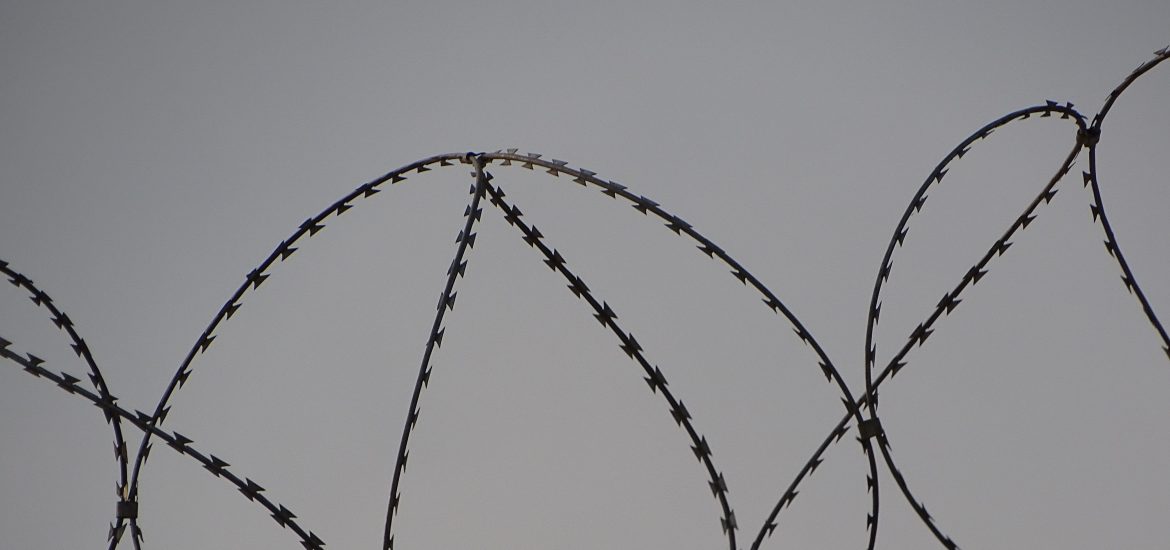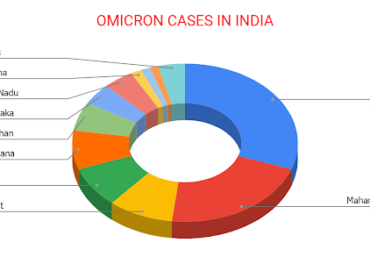The Geneva convention was first adopted on 22nd August 1864 for the Amelioration of the Condition of the Wounded in Armies in the Field. It has been applied in a few instances in India’s case till date– in 1965, 1971, 1999 and recently in 2019. The convention takes care of how a Prisoner of War (PoW) must be treated, including medical and healthcare that needs to be provided to them.
With the recent chain of events occurring at the India-Pakistan border, most of us watched with gasped breaths on our televisions when the government sources revealed that one IAF pilot was captured by the Pakistani Army after having safely ejected out of his plane and landing on the Pakistan side of the Line of Control. However, every Indian had one simple question in mind – ‘How will we get our braveheart pilot back?’
 As hours went by on the day of his capture, videos began circulating in the global social media portals of how he was being assaulted by locals there and was then saved by the Pakistani army. The next video showed him being interrogated by the military of our capricious neighbour who had detained him in which the IAF Wing Commander refuses to divulge any sensitive information; all of which united the 1.3 billion people back home in sentiments, emotions, and utmost pride for our brave soldier and our great nation.
As hours went by on the day of his capture, videos began circulating in the global social media portals of how he was being assaulted by locals there and was then saved by the Pakistani army. The next video showed him being interrogated by the military of our capricious neighbour who had detained him in which the IAF Wing Commander refuses to divulge any sensitive information; all of which united the 1.3 billion people back home in sentiments, emotions, and utmost pride for our brave soldier and our great nation.
What it also did was bring out the Geneva Convention that is applicable to Prisoners of War (PoW), like in the current situation and has been agreed upon by 190 nations. The latest version of the Geneva Convention was expanded in 1949 post World War II. Later in 1977, Protocols I and II were added that further increased the people it was applicable to.
It is, however, interesting to note that the Geneva Convention has specific health and medical care measures that a detaining nation must take care of in relation to the PoWs on their soil. The Geneva Convention has articles dedicated to Hygiene, Medical Attention, Medical Inspections, and on Prisoners engaged in Medical Duties( who are not attached to the armed forces). It also has specific rules for how a male and female PoW must be treated.
The Geneva Convention makes it mandatory for a detaining nation to provide proper sanitary measures to all the PoW retained by it and maintain the cleanliness of its camps to prevent an epidemic. All the prisoners are entitled to basic cleanliness that allows them to stay clean, tidy and healthy by performing their routine procedures. A PoW needs to be given a proper diet keeping in mind their mental and physical health conditions.
If a PoW suffers from a serious condition or disease, he/she must be treated at the earliest in a good military or civil hospital unit. The detaining nation must also provide special care to the disabled, including the blind, and must also provide any artificial appliances such as dentures, spectacles, crutches etc., to them. The Geneva Convention imposes that Medical Inspections of the PoWs must be done at least once a month to ensure that they are healthy and being treated well. It also helps detect any infectious diseases like malaria, tuberculosis etc so that they can be treated at the earliest. An impressive article in the Geneva Convention also extends to the civilians who are captured as PoWs and belong to the medical services. The Convention allows the detaining power to use their services to provide medical and healthcare to the other PoWs and exempts them from performing any other type of work.
The Geneva Convention ensures all PoWs are treated humanely and receive the same kind of respect and services as they would in their own home country.









